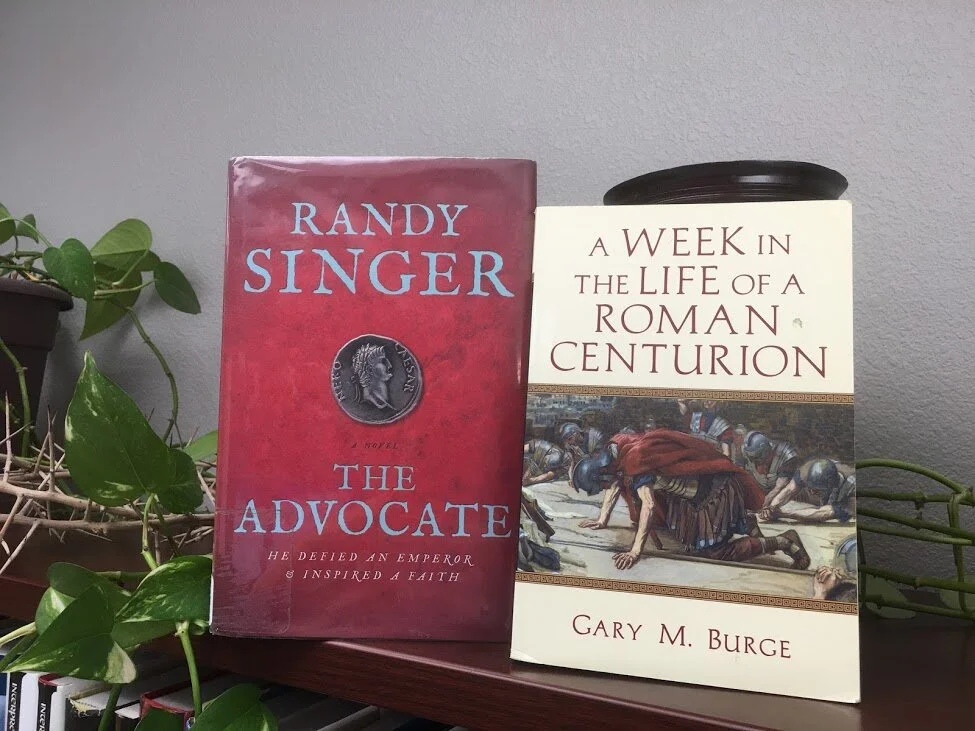My daughter, Camille (age 16) wrote the post below. It’s an imaginative recreation of the conclusion of Paul’s letter to the Ephesians. There, Paul writes:
10 Finally, be strong in the Lord and in the strength of his might. 11 Put on the whole armor of God, that you may be able to stand against the schemes of the devil. 12 For we do not wrestle against flesh and blood, but against the rulers, against the authorities, against the cosmic powers over this present darkness, against the spiritual forces of evil in the heavenly places. 13 Therefore take up the whole armor of God, that you may be able to withstand in the evil day, and having done all, to stand firm. 14 Stand therefore, having fastened on the belt of truth, and having put on the breastplate of righteousness, 15 and, as shoes for your feet, having put on the readiness given by the gospel of peace. 16 In all circumstances take up the shield of faith, with which you can extinguish all the flaming darts of the evil one; 17 and take the helmet of salvation, and the sword of the Spirit, which is the word of God, 18 praying at all times in the Spirit, with all prayer and supplication. To that end, keep alert with all perseverance, making supplication for all the saints, 19 and also for me, that words may be given to me in opening my mouth boldly to proclaim the mystery of the gospel, 20 for which I am an ambassador in chains, that I may declare it boldly, as I ought to speak.
I hope you’re encouraged as you consider what it means that we are clothed for spiritual battle. I was!
John
The Cloud
Picture this: you are the only one in a vast desert that stretches out for miles in all directions. Scorching sand blisters your feet. The lonely sun paints the rugged scenery a hazy orange.
Suddenly, a chill runs down your spine. You turn your head to the west and you see a dark cloud racing towards you from far off in the desert. As the cloud nears you are struck with a fear that drops your stomach. The fear moves upward: your heart begins to race and rivers of sweat form in your palms. The cloud rolls nearer. It is no cloud, it is a hoard of demons stirring the sand and rushing up against you. Fear stricken and hopeless, you crumble to the ground. The cloud rushes around you and pours in from all sides.
Biting cold braces you. Inky darkness clouds your sight. Despair grips your soul. There is no hope for you, you are alone, and you know your feeble strength is no match for your enemy.














